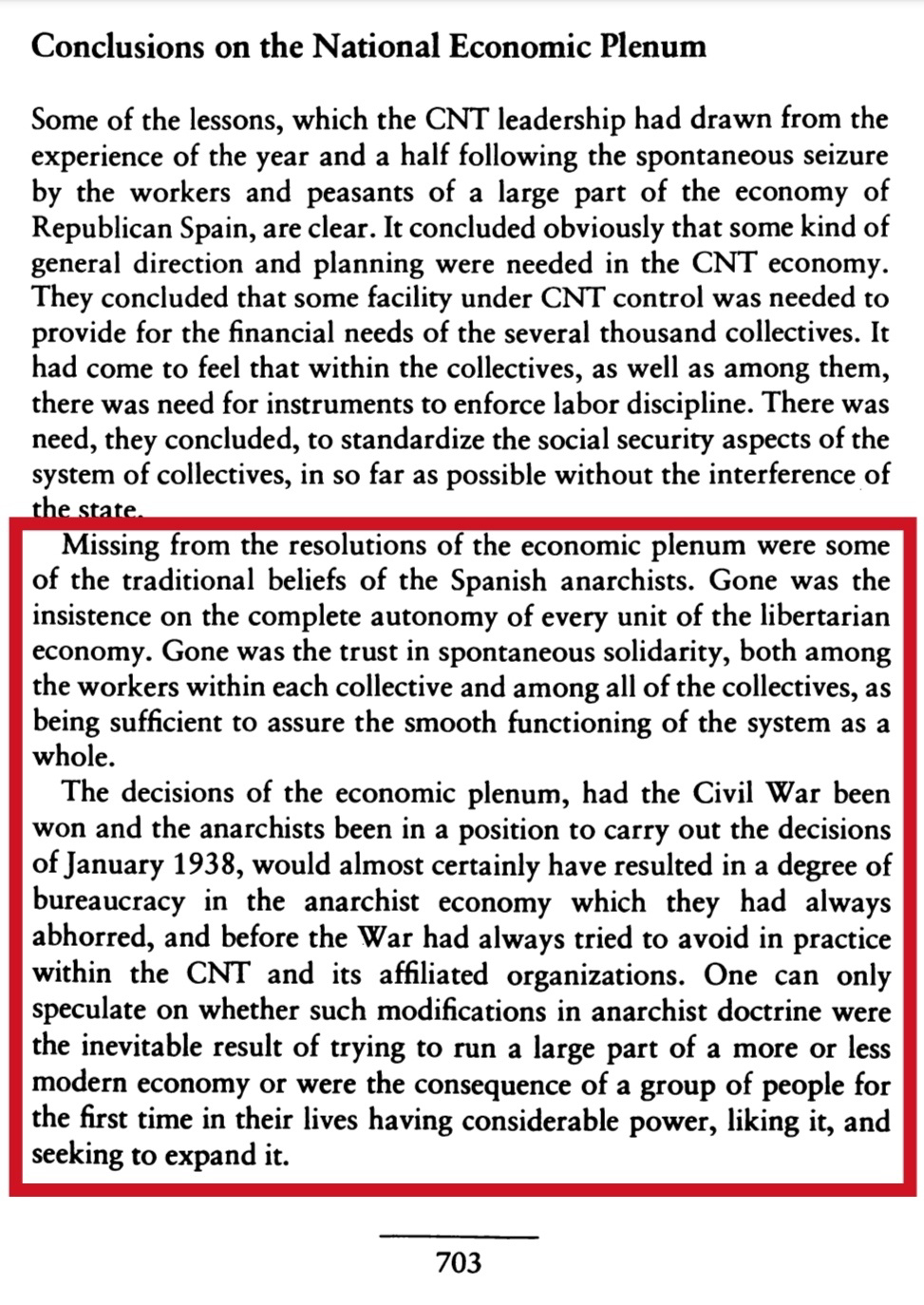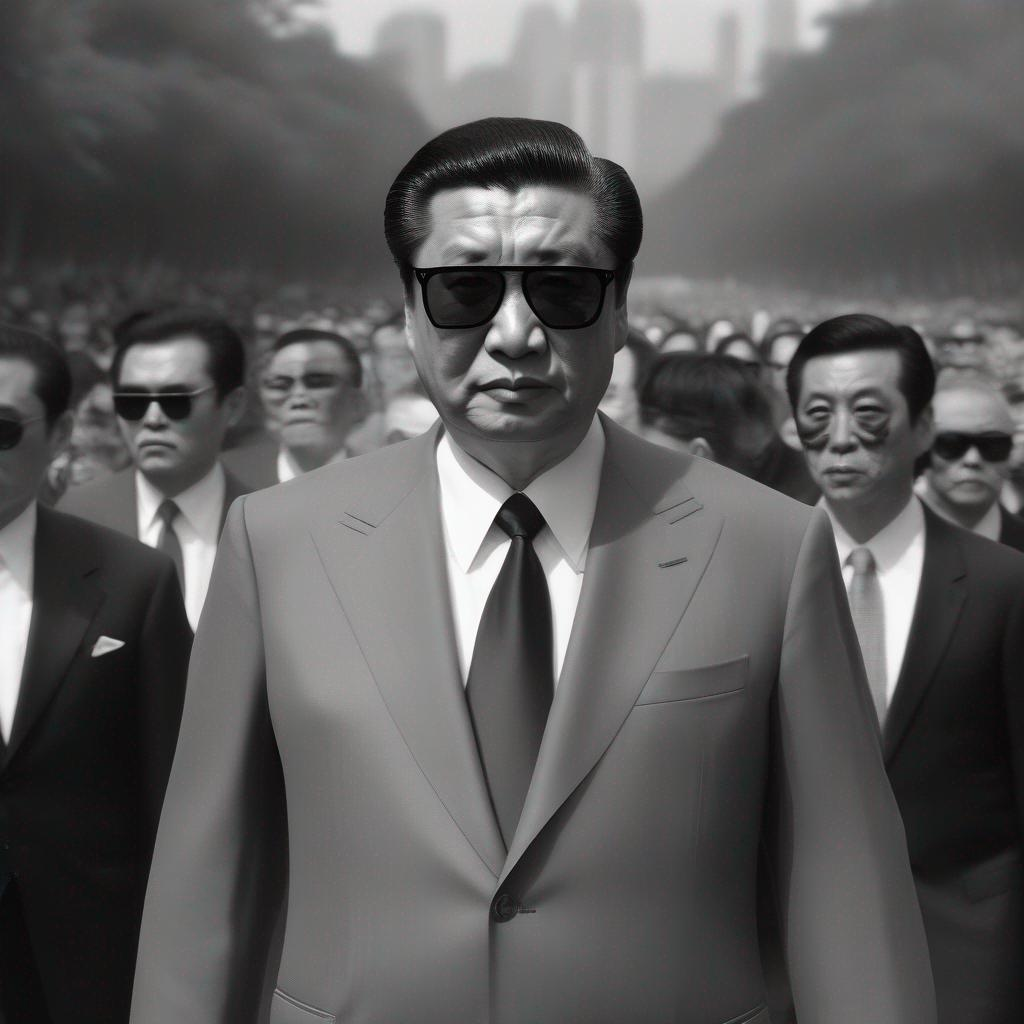I'm watching a documentary called Thomas Sankara: The Upright Man (link) and it mentioned that Sankara banned trade unions. In one scene he also said, "Anarcho-syndicalists?", to which the crowd replied, "Down with them!". This struck me as odd, since anarcho-syndicalists would surely be leftists, and trade unions would be a source of political power for the proletariat — so I searched Prolewiki, and all that site seems to say about the reason for Sankara's ban of trade unions was, "[the unions] were reactionary and a tool of the bourgeoisie in Burkina Faso".
So what I want to know, essentially, is how did this situation come to be? Why were the trade unions reactionary in Burkina Faso, and how were they utilized by the bourgeoisie? And why would Sankara refer specifically to anarcho-syndicalists as something worthy of a "down with them"? And are there any lessons we can learn from Sankara about how to handle trade unions in a dictatorship of the proletariat in other countries, particularly in an exploiting country like my Norway, rather than an exploited country like his Burkina Faso?
Since others have already answered in a specific way regarding Sankara himself, I want to address the question more broadly:
This is essentially one of the key matters which divides MLs (and most other Marxists) from anarchists and libertarian-oriented forms of socialism.
Just like Sankara, I am an ML so my bias is going to be present in this answer although I'll try to be even-handed about it.
The problem inherent to syndicalism is something which Lenin defined as "trade union consciousness". Essentially, if you have unions that are specific to workshops or businesses then you have workers with a larger stake and expanded power but ultimately that stake and that power exists within the capitalist mode of production. Broader unions that are across an individual trade or industry, or even cross-industry unions also suffer from the same problem.
Unions tend to be very narrow-focused and their class character is not necessarily revolutionary, and in fact most are not - some are even what are known as "yellow unions", the absolute worst of the bunch. As such it's naive to uphold unionism dogmatically as a revolutionary strategy because unions are inherently limited in their scope.
I'm going to completely gloss over the late AFL-CIO's counter-revolutionary role on the national and global stage here because you could write an entire book on that particular subject.
Poland's Solidarnosc was instrumental in the overthrow of communism in Poland and ultimately it created the conditions for its own steep decline.
The worker's councils in Yugoslavia were critically flawed and due to their parochial scope and their vested interest in protectionist policy, the Yugoslavian economy was critically hampered by this situation, with unemployment running at around 10-15% at any given time which is astonishing for a socialist country. The Yugoslav model is complex, as are the causes for its downfall and you could write a series of books on both however it's not unfair to say that the economic conditions of Yugoslavia were completely unsustainable and Yugoslavia's approach to worker control was part of this problem. Likewise, the stark ethnic divisions that ran through Yugoslavia also existed on similar lines of economic development/underdevelopment in the country which was disastrous for Yugoslavia and what came from its fall. It's beyond my imagination to be able to come up with a way that Yugoslavia would have been able to cross those ethno-economic fault lines that existed in order to bring prosperity to the backwater regions while maintaining a high degree of worker control like they did.
In the Spanish Republic, in areas controlled by the CNT/FAI, workers rights and worker's control was rapidly expanded but this often led to immediate and steep declines in productivity (and, perhaps by coincidence, the unemployment rate in the Spanish Republic ran at about the same levels as Yugoslavia. The fact that they were in a situation of civil war against fascism and they hadn't fully mobilised their working populace absolutely boggles my mind tbh.) Under these economic conditions, worker's rights and worker's control was often rolled back significantly, with one of the most obvious examples being the establishment of a judge, jury, and executioner role to enforce labour discipline known as the "Distributor of Tasks". These officials answered only to the highest levels of government and they could summarily dismiss or imprison workers for very minor infractions such as not being productive enough at work, for turning up late too often, for being on sick leave without justification, and for having an attitude of defeatism(!!). There's an excellent, comprehensive work in two volumes by Robert J Alexander (who is very sympathetic towards the CNT/FAI) on the economic conditions of the Spanish Republic titled "The Anarchists in the Spanish Civil War” if you want to read more about this topic. I'll spoil the ending for you though:
Show
So with these socialist examples of the shortfalls of unions, there's a good case for why MLs have lukewarm sentiment towards them as a be-all, end-all revolutionary program.
There's more to be said about ways that unions can be played off one another, how they often become willing accomplices to arrangements that screw over workers or the masses, and so on but better writers have done a more comprehensive job of this than I could. But I will give an example here: consider the importance of universal healthcare and its popular support, even in a country like the US. Where there has been a push towards universal healthcare, historically there has typically been resistance to this by none other than healthcare unions and healthcare associations (which effectively function along the same lines as unions for the purposes of this example). Why? Because healthcare professions tend to face significant threat to the profitability of their industry due to the introduction of universal healthcare. This is one of the most obvious examples of how trade union consciousness can ultimately be not only counterrevolutionary but downright reactionary.
Beautifully said, thank you for the effort. This is very informative.
Thank you for the reply. So essentially the issue with the unions was their leadership?
I already did check out Wretched of the Earth a good while ago, but evidently my reading comprehension was shit at the time so I don't remember half of it. So I certainly intend to re-read it soon. Awesome to hear that you got to write so much about Sankara when you were in college. Is there anywhere I can look at what else you've written?
I would also check out Meditations on Frantz Fanon's Wretched of the earth by James Yaki Sayles. He wrote it in the context of educating cadres in the US so that context might help understanding better.
Yep ProleWiki is great, if you think you could contribute feel free to apply for an editor account, or just browse before; you can publish your own essays too not only contribute to articles
sometimes unions can be used to evil ends. falangists and mussolini famously subverted leftist organization in unions and took them over in order to spread fascism. could be colonized africa has issues with these unions in a similar way
Where can I learn more about how the Falangists and Italian Fascists subverted leftism in unions?
I'm not an expert on Burkina Faso specifically, but in a colonial context the urban proletariat itself can be a reactionary class. The exploitation of colonies is often the exploitation of the rural worker for basic resources, and the urban proletariat is small and relatively privileged.
Yeah, it's coming back to me now. I feel kind of silly for forgetting such a basic idea of postcolonialism, but hey, that's what asking people is for.
Che talks about this in "The Africa Dream" his journals from the Congo. He eventually became pissed at the cadres, the army, the proletariat as much as one existed, the party members, and the students who trained in the soviet bloc. Essentially he realized only the peasant was trustworthy and he should've started cadres from scratch out of them
Because independent trade unions were being weaponised by the bourgeoisie quite successfully to do counter revolution. Poland and Hungary are very obvious examples of this.
Unions aren't really inherently proletarian, they are just organised bodies of people that perform organised action based on what the leadership of those bodies steers them to. This is good when communists take over the unions and steer them to revolution. This is bad when liberals take over the unions and steer them to counter-revolution.
Please read Settlers by J. Sakai. That will go into more and greater comprehensive detail on the use of Trade Unions as a Bourgeoise tool than you could want. I guarantee you it will answer your questions.
Edit: you also should read theory to understand what he’s talking about, he doesn’t dive into theory much and assumes you have a base ML understanding.
There is a nasty habit of some anarchist factions in ML states functionally becoming counterrevolutionaries because they are more interested in the chance of having their syndicates, etc. rather than a certainty that children are fed.
https://www.marxists.org/reference/archive/kropotkin-peter/1917/a-meeting.html
Progressive stages of unionization: trade, industrial, national, international. Each should replace the former and make the former obsolete. Burkina Faso had reached national union and had no more need for trade unions, and in fact they lobbied for their own narrow interests instead of the interests of the people
I'm also curious to learn more about the people's revolutionary tribunals. The tribunals weren't presented too sympathetically in the documentary, that it was essentially guilty-until-proven-innocent, the accused didn't have lawyers, you know. So how am I supposed to feel about these tribunals or their equivalents in other AES states? Is there more context that the documentary skipped over?
I just like the funny accents that they say [a 'bʰa] in too much to take any offense to it. I hear /,æ̃ ,bæ̃/ and just want to say it along with them. I can almost convince myself they're saying "Daddy" in an Arabic dialect.
I don't speak Arabic, just a smattering of words, enough to know that "father" is "baba" in Arabic (and "abba" in Hebrew).
So is French your first language? Which languages do you speak?
Trade Unions are reactionary and chauvinistic relative to a socialist nation, which is essentially a national union. The time for Trade Unions is past once we have reached industrial and then national unions, they only are vestiges that cling to their own power







